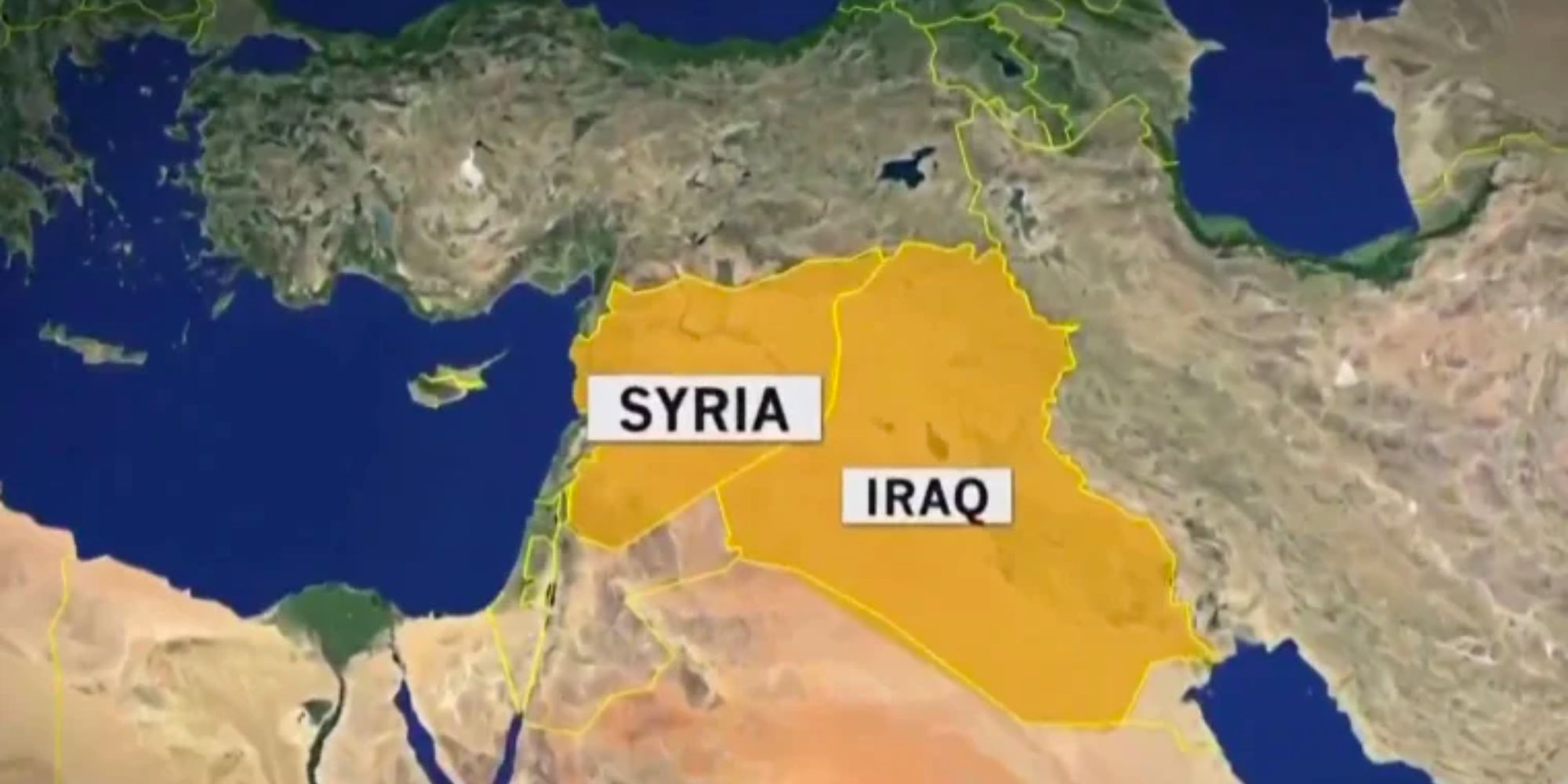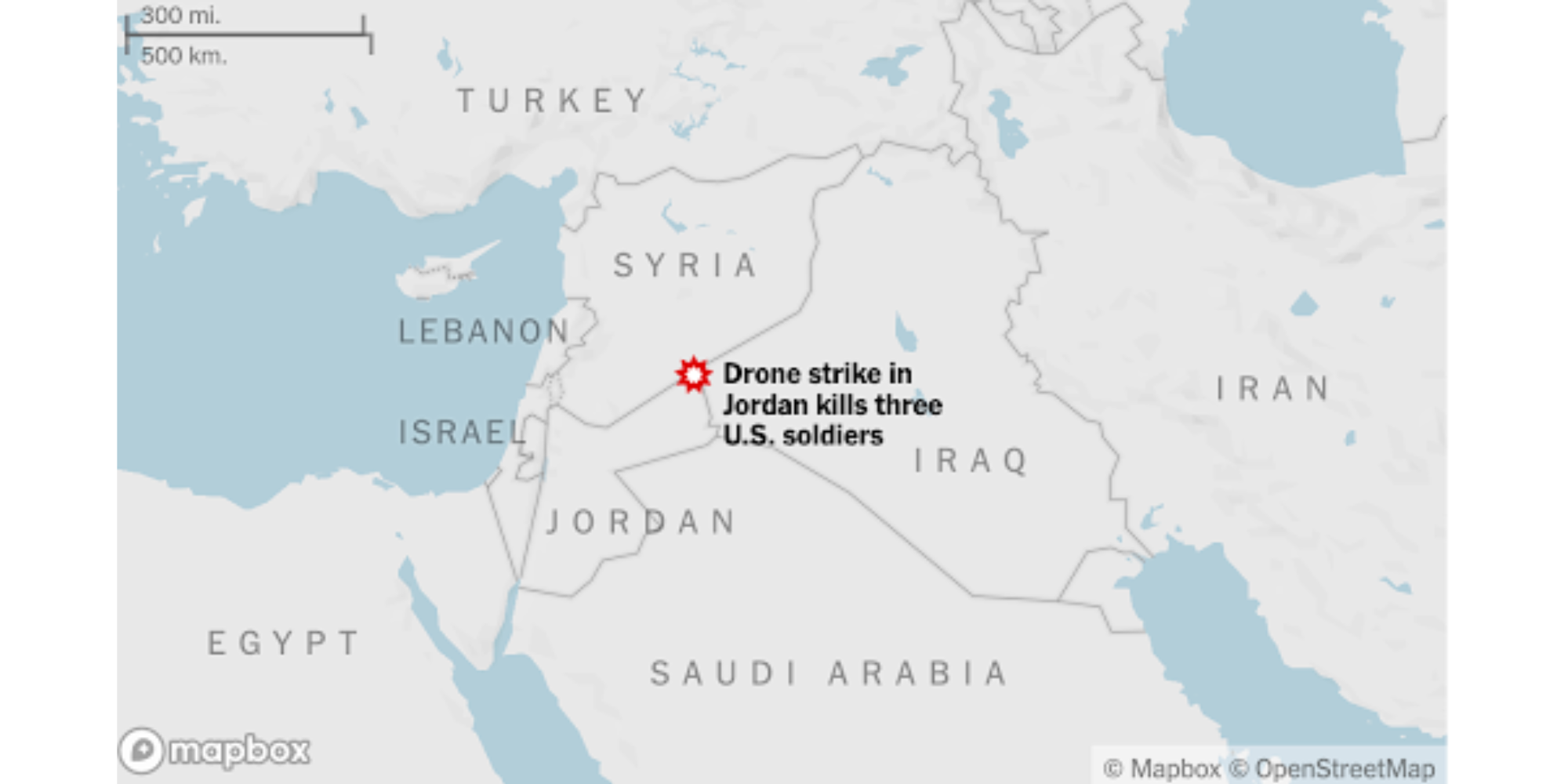current as of 10AM EST, 18OCT23
CRISIS ONGOING
President Biden landed in Israel during a time of increasing volatility following a strike in Gaza against a hospital, leading to the cancellation of his visit to Jordan and igniting new protests throughout the Middle East. The strike on the al-Ahli Hospital in Gaza City killed at least 500 people, according to the Hamas-run health ministry in Gaza. Hamas blamed an Israeli airstrike for the explosion and the Israeli military announced a rocket from the Islamic Jihad Union (IJU), a designated foreign terror organization based in Gaza and aligned with Hamas, misfired and hit the hospital.
- U.S. Support: President Biden arrived in Israel on Wednesday for discussions with Israeli leaders and pledged solidarity with Israel and his belief the IJU is responsible for the hospital attack, based on U.S. military reporting. U.S. officials also announced a new round of sanctions on Hamas, targeting Hamas members and financiers.
- International Relations: Jordanian officials canceled their planned summit with President Biden, and Egyptian and Palestinian officials due to the hospital strike. Jordan’s foreign minister said the war is “pushing the region to the brink,” and he said he would host the summit if everyone agreed to “stop the war, respect the humanity of Palestinians and deliver the aid they deserve.”
- Protests: Following the hospital attack, protests erupted throughout the Middle East, in Lebanon, Jordan, Iraq, Iran, and Turkey. Dozens of protestors attempted to storm the Israeli embassy compound in Amman, Jordan on Tuesday but security forces fired tear gas to disperse them. In Istanbul, Turkey, police officers averted an attempt by protestors to storm the Israeli Consulate, resulting in more than 60 officers injured. More than 100 protestors also gathered outside of the U.S. Embassy in Beirut, Lebanon on Tuesday night.
- Military Operations: Israel’s military remains focused on Gaza, but reportedly has discussed with U.S. officials the possibility of using military force if Hezbollah joins the fight. Since the war began, tensions between Israel and Hezbollah have increased with daily skirmishes along the Israeli-Lebanon border. Hezbollah also called for a “day of rage” today in condemnation of the strike.
- Refugee Crisis: Thousands of people are seeking refuge at the Rafah crossing at the border of Egypt, trying to flee Israeli military strikes in Gaza, as all borders of Gaza remain closed. Egyptian officials state they are preparing for the possible opening of the border crossing after it was hit at least four times by Israeli airstrikes. According to U.N officials, although Egypt appears prepared to open the crossing, Egyptian leaders are concerned about a massive influx of Palestinian refugees.
- Truckloads of aid are also stuck at the Rafah crossing, as the situation in the Gaza Strip becomes more dire for civilians who remain in the area. Humanitarian groups are pleading for fuel, water, and food, saying the territory is “near collapse.” Hospitals are expected to run out of generator fuel in 24 hours and U.N. officials warn the city is nearly out of water, according to open source reporting.
CYBER IMPLICATIONS
Cyber attacks are continuing as hackers sympathetic to Hamas are working to make the conflict the next front of cyberwarfare. In addition, attackers are using the crisis to take advantage of unsuspecting victims in the region and lure them into downloading malicious software.
- According to open source reporting, attackers are spoofing Red Alert, a widely used open source application that warns Israelis of incoming airstrikes. Instead of telling users under attack where to seek safety, the spoofed application collects their sensitive data.
- Most cyber attacks have been relatively minor, but questions remain about what could occur if other nations, particularly Iran, become more involved in the conflict. In 2020, Iranian hackers penetrated the water systems in two rural areas in Israel but they were detected and removed from the system before any damage occurred.
RECOMMENDATIONS
We continue to urge anyone with business interests in Israel and the surrounding regions to exercise extreme caution while events remain fluid, and to consider postponing any upcoming travel. We also urge travelers worldwide to avoid all demonstrations and maintain awareness of their surroundings, particularly in areas with protest activity.
- The attack on the al-Ahli Hospital in Gaza City stoked protests Tuesday evening throughout the Middle East, and demonstrations are expected to continue today.
- Officials are keeping a watchful eye on demonstrations, and the U.S. State Department raised its travel advisory for Lebanon to the most severe level, warning Americans not to visit the country and authorizing the departure of family members of U.S. personnel.
- Travelers are most vulnerable in crowded areas, such as outdoor markets, tourist destinations, government buildings, and underground stations.
- In the event of a terrorist attack or no-notice event, we advise travelers to listen to emergency officials for instructions and report anything out of the ordinary.
- We continue to recommend delaying travel in and around Israel, Egypt, Lebanon, Saudi Arabia, Qatar, and other portions of the Gulf as nearby countries almost certainly will be drawn further into the unfolding conflict. Travel in and out of the region almost certainly will be significantly delayed or disrupted.
- Many international airlines, including U.S. carriers, have suspended travel to and from Israel. Cruise and yacht operators also announced they would adjust itineraries in the region and would not be making calls to ports near Israel.
- We urge all travelers to remain vigilant as they might be targeted by individuals with perceived grievances regarding the current situation. Anti-American sentiment is rising throughout the Middle East due to the ongoing crisis.
- In Egypt, a small group of individuals chanted outside the U.S. Embassy this week, “down with Israel. Down with the American administration.”
- We encourage all businesses–particularly tech companies, those with oil interests, and others in other energy related sectors–to keep a watchful eye on the unfolding crisis. Oil prices could surge to above $100 a barrel if the Israel-Hamas crisis widens.
- We recommend companies based in Israel to continue taking steps to protect their businesses and employees. Corporations should consider evacuating staff from offices inside Israel or ask employees to work from home.
CONCENTRIC CAN HELP
If you or your business needs help in or around Israel, please reach out to Concentric’s experts for support. Concentric can provide:
- Emergency evacuation and secure transportation.
- Support from local and regional partners.
- Active monitoring and intelligence support, including tailored reports and briefings.
- Travel and risk assessments.
- Tailored security consulting.
- Executive protection agents.
- Cybersecurity and digital privacy protection.
If anyone is interested in a briefing with Concentric’s Chief Executive Officer Mike LeFever or a member of Concentric’s team on any of these topics, please do not hesitate to contact us.
Feature image source.






